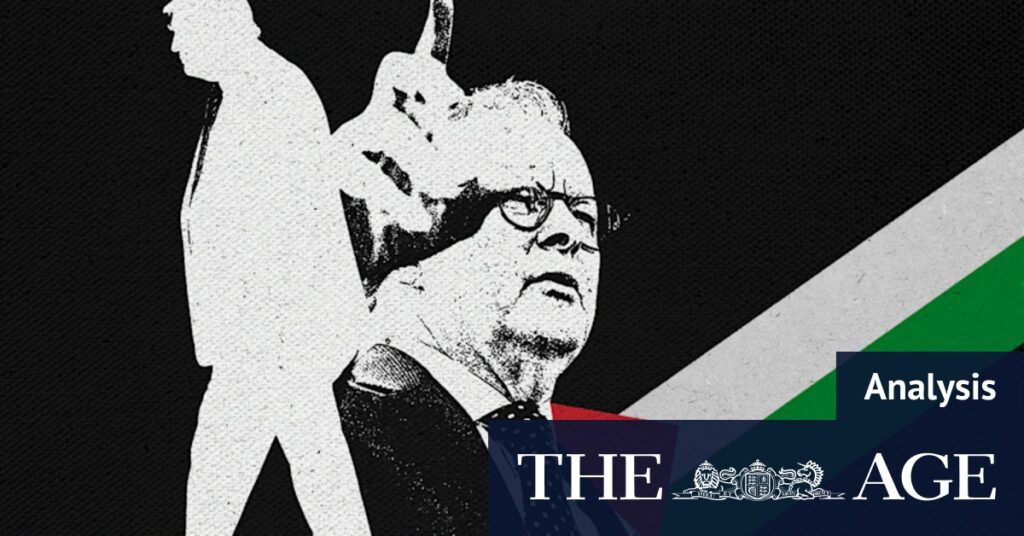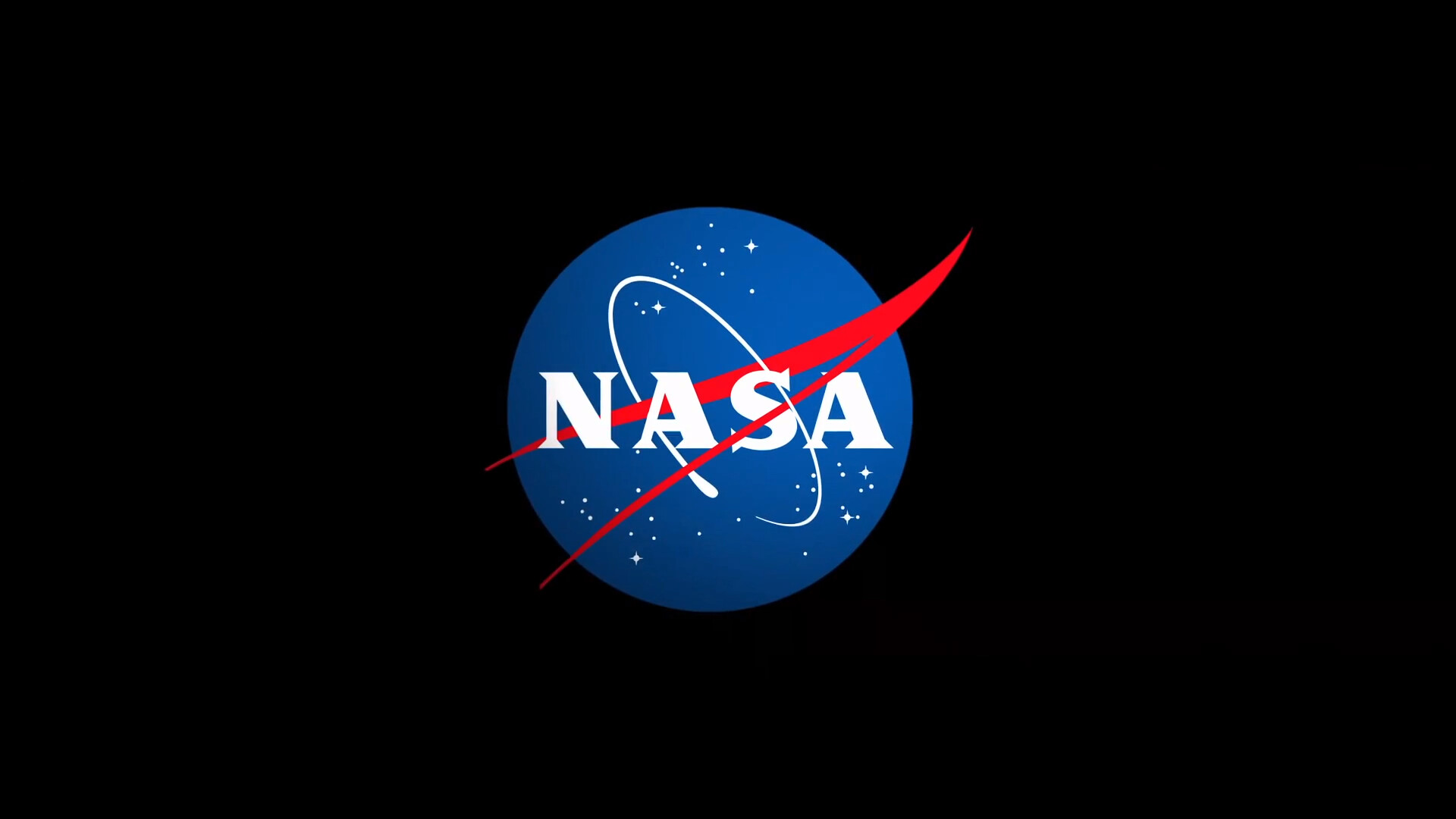
New York: By officially recognizing Palestinian statehood, Australian Prime Minister Anthony Albanese has done more than convey Australia’s stance on the Middle East peace process. He has issued a declaration of independence from the United States, asserting Australian sovereignty over its foreign policy.
It’s a bold and risky move. Albanese is breaking with former President Donald Trump on a highly divisive issue as he seeks to establish a personal rapport and secure their first meeting. Albanese’s inaugural visit to the United States since Trump’s return to office has been marked by this significant point of contention, rather than unity, in the US-Australia relationship. The Australian government’s decision to recognize Palestine, alongside the United Kingdom and Canada, made headlines in the US, even leading the website of The New York Times.
Yet, if Albanese felt any discomfort about the timing of the announcement, he showed no sign of it when speaking to reporters at the United Nations headquarters on Sunday. In Trump’s hometown, just a block away from one of the real estate mogul’s skyscrapers, Albanese was clear in his stance. He rejected Trump’s view that recognizing Palestine is a reward for Hamas, the group responsible for the brutal massacre in Israel on October 7, 2023. He also dismissed the notion that Australia must align with the US on every significant global issue.
“This is about Australia’s position and the fact that we’re a sovereign nation. Australia will make decisions based upon our national interests,” Albanese stated, appearing relaxed and assured.
Australia’s Independent Stance
Pressed on whether the move would damage ties with the US, Albanese replied, “Our foreign policy isn’t determined in Washington or Beijing or Wellington, for that matter. Our foreign policy is determined around the cabinet table in Canberra.” Australia is among the last countries to recognize Palestine, but Albanese spoke about the move as if it were common sense.
“If you support two states, it’s not Israel and, you know, something else, and Marrickville,” he said, referring to a suburb in his inner-west Sydney electorate. “It’s Israel and Palestine.”
Albanese questioned how Australia could remain passive while Israel continues its military actions in Gaza and accelerates settlement building in the occupied West Bank. Furious at Israeli Prime Minister Benjamin Netanyahu’s refusal to end the conflict or consider a two-state solution, Albanese believes he has placed Australia on the right side of history by recognizing Palestine. He views it as a moral decision, as much as a political one.
Implications for US-Australia Relations
As for whether the disagreement over Palestine was the reason for the difficulty in securing a meeting with Trump, Albanese was succinct. “No is the answer,” he insisted. Australian officials indicate that while Trump disagrees with such moves by allied countries, he is not overly upset about it. Instead of escalating it to a top-tier diplomatic issue, Trump administration officials have expressed their views on the topic more in sorrow than anger.
The real reason Trump hasn’t met with Albanese, according to evidence, is that he views Australia as somewhat of an afterthought in the geopolitical chess game. This is hardly comforting, given Australia’s reliance on the US for security. Disagreement over Palestine is just one more irritant in a relationship already strained by tensions over tariffs, defense spending, and climate change action.
Looking Ahead
British Prime Minister Keir Starmer waited to announce his recognition of Palestine until after Trump’s state visit to the United Kingdom, ensuring his diplomatic efforts weren’t overshadowed by disagreement. Starmer began building a relationship with Trump before last November’s US presidential election, even traveling to meet him during the campaign. By contrast, Albanese is still awaiting his first meeting with Trump, having shared only four friendly phone calls.
This situation presents a potential silver lining for Albanese if Trump doesn’t grant him a meeting this week in New York. By the time of their next possible encounter during summits in Malaysia and South Korea at the end of October, the Palestinian recognition issue may have lost its immediate heat. Perhaps this is why Albanese appeared so composed as he stood by the East River on Sunday, with Trump World Tower looming over the Manhattan skyline.
As the world watches, Albanese’s decision marks a significant moment in Australia’s foreign policy, one that underscores the nation’s willingness to chart its own course on the global stage.







